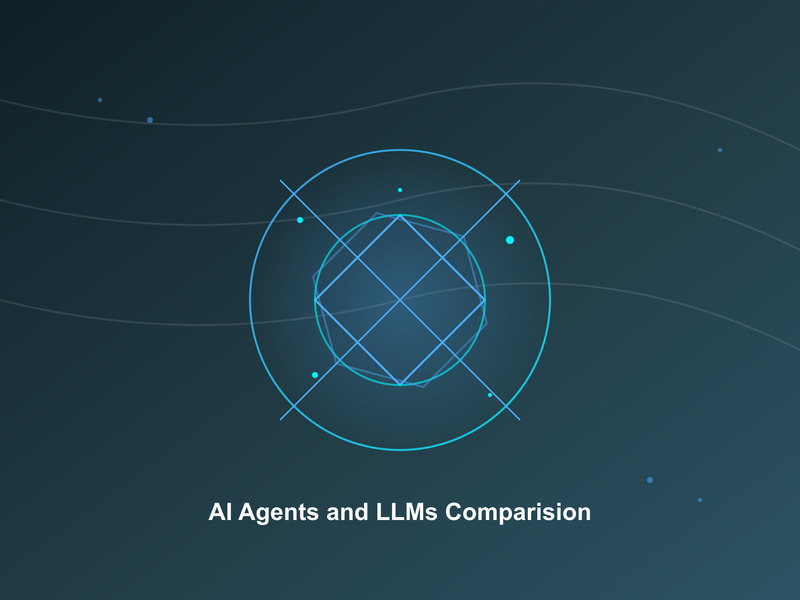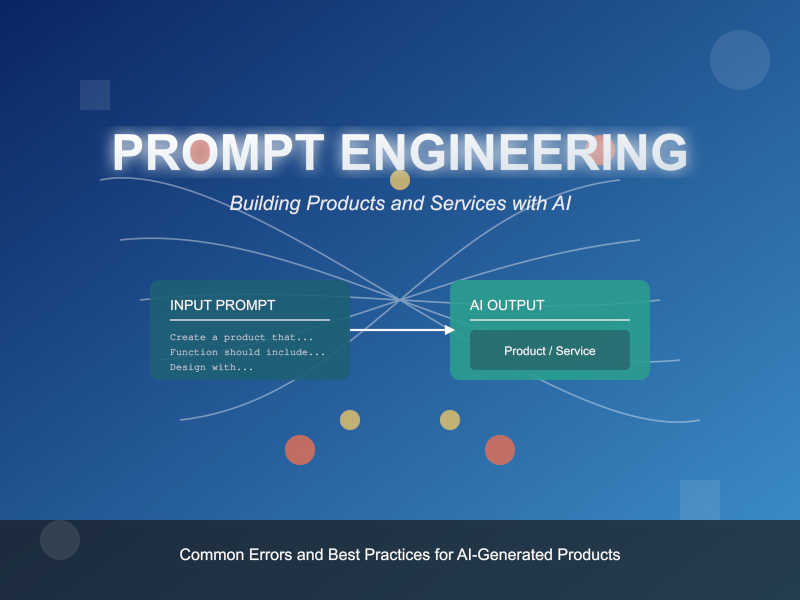
AI
AI Agents
LLM
Published on: January 09, 2025
Content reserved for authenticated users. Please SignIN
50% Off on All Products
Active Until October 31 – No Stock Limits
Use the coupon code BOOST_2025 during checkout.
Speed Up your digital journey with our affordable subscription
50% Off
on All Products
See related articles

Prompt Engineering: Building Products and Services with AI
Building Products and Services with AI - pros and cons
Read nowRecommended Topics
AI
AI Agents
LLM
50% Off on All Products
Active Until October 31 – No Stock Limits
Use the coupon code BOOST_2025 during checkout.
Speed Up your digital journey with our affordable subscription
50% Off
on All Products
See related articles

Prompt Engineering: Building Products and Services with AI
Building Products and Services with AI - pros and cons
Read now